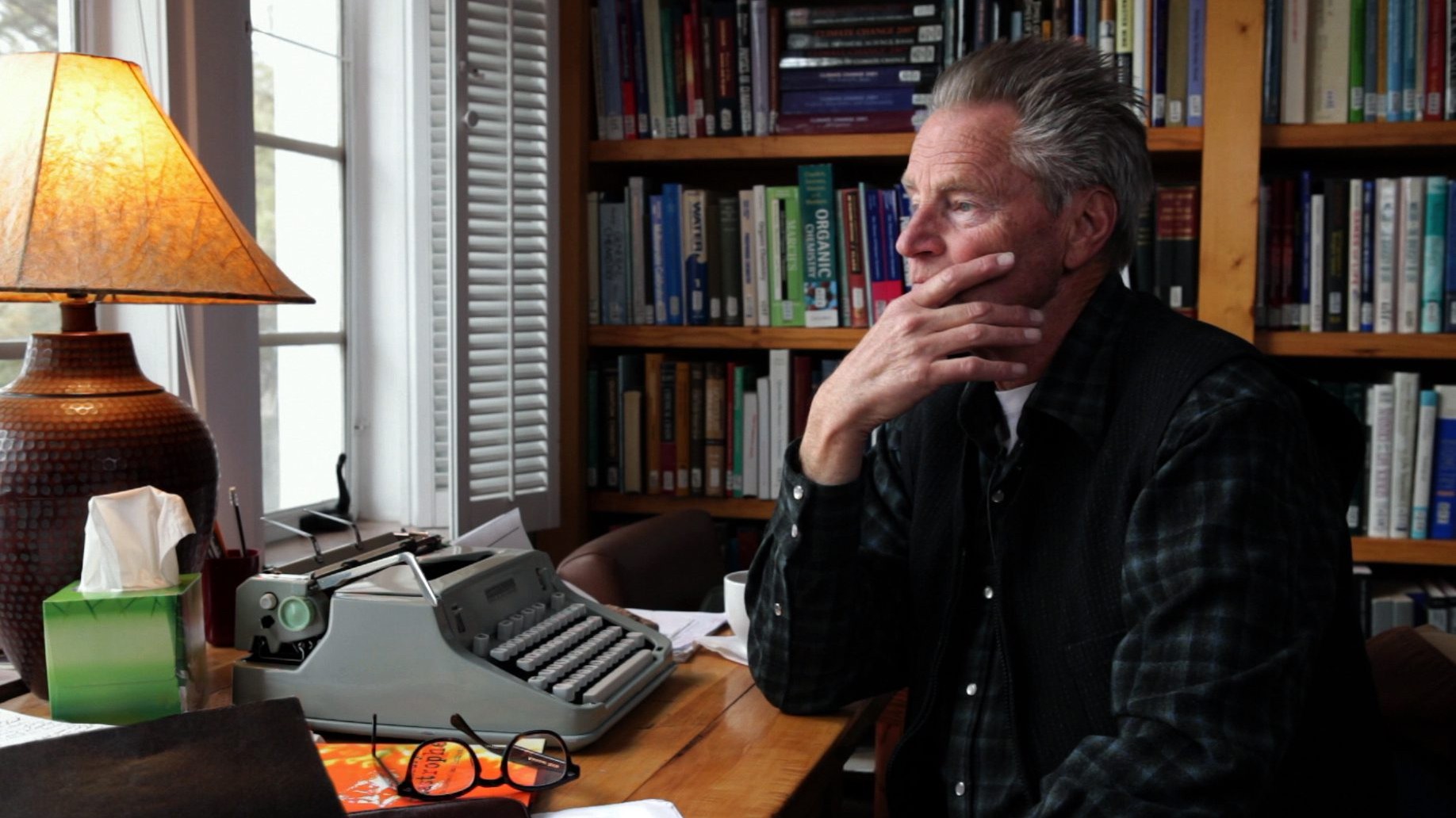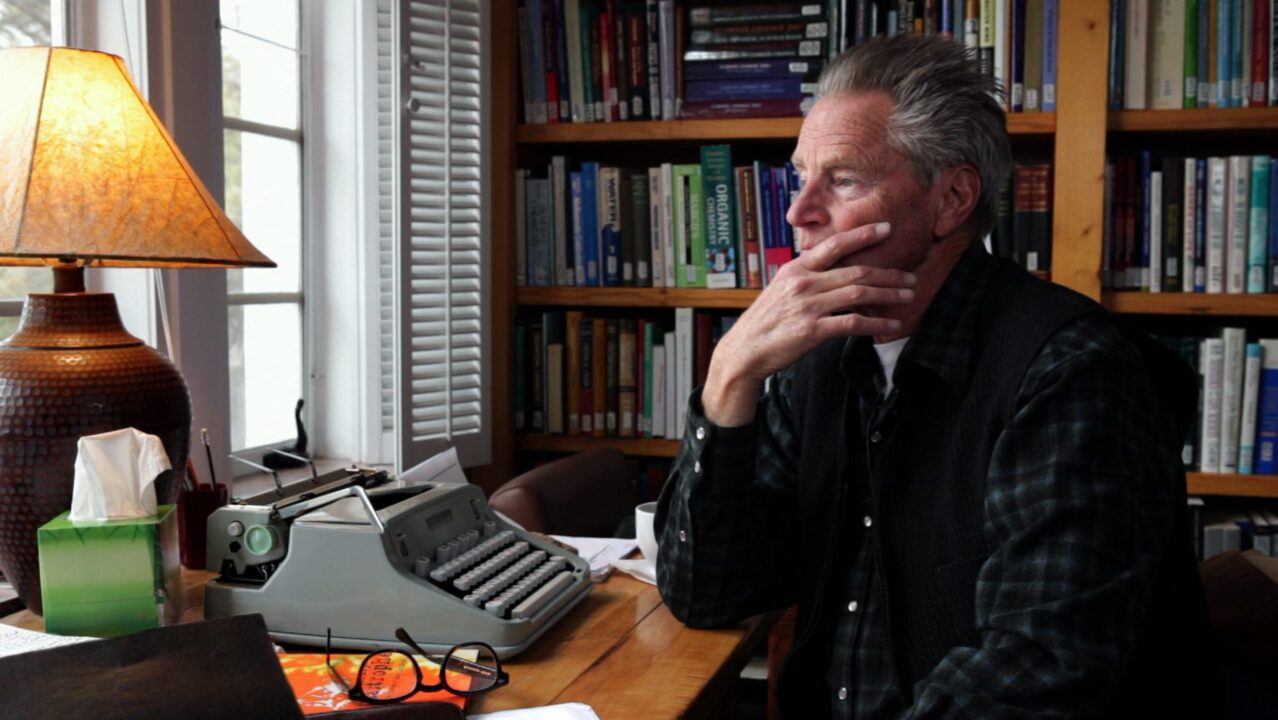I’ll be wholly honest with you; I’ve never understood nostalgia.
I’m more apt to be found with a copy of “The Life Changing Magic Of Tidying Up” than a history book, but here I am hammering away on a Selectric I thrifted from my local Goodwill after seeing this film and I can’t help but think I’m better for having changed my mind on the importance of the tools we use to create.
Part love letter and part eulogy, California Typewriter is, at its base, a trip down memory lane in search of the right keys to press to quell that panging thirst for expression. A series of vignettes that begin as peeks through the blinds at mad men shouting in the street about the dangers of technology end up more like tear jerking love letters to the tools we use to speak to one another and the value of history to art. Somewhere along the line, probably as the search for the first typewriter ever made brings the film to my hometown of Milwaukee, I found a link to the nostalgia I’ve long been wary to accept, and then the carriage returned.
“The past is a luxurious pursuit,” Martin Howard says of his pursuit of the past: his extensive collection of typewriters. The luxury to consider the meaning of our tools over their efficacy is precisely the type of pursuit that is possible in part because of the efficacy of the tools that replace these older, more beautiful ones, which is the point. That the freedom to choose allows us to decide what makes us smile over what simply gets the job done. The pursuit of the history of the typewriter is the pursuit of the history of more readily available language, love, thought, and news. It is more interesting than it’s listless paragraph in the Wikipedia entry for the ‘typewriter.’ Until, that is, you look down that path and notice each twist and turn caused by each foot to have tread this path before you. A well-worn path isn’t valuable in itself, but as a way to the place it leads you. The vista that director Doug Nichol leads us to is a beautiful view into how the machines that transcribed generations of thought affect us today.
“California Typewriter” is a beautiful ode to the tools we no longer need to use but should find a reason to keep around for the value they hold above their use.
The tools we use to create carry as much the burden of the creation as we do. In part, the technological changes of this century have allowed even more of those important thoughts and letters to fit so neatly somewhere in the digital clouds over a struggling typewriter repair shop outside San Francisco. However, what we’ve lost may be more important than what we’ve gained by the convenience of progress. The physical connection to the art we create with words is what we’re asked to believe has disappeared with the abundance of all these digital options. An argument I came around to with equivocating the typewriter to its counterparts in the musical world was literally in the case of the Boston Typewriter Orchestra. A group that uses the clinks, clanks, and dings of old typewriters as their actual instruments.
California Typewriter is a beautiful ode to the tools we no longer need to use but should find a reason to keep around for the value they hold above their use. See this film because you like obscure history. See it because you just want Sam Shepard to break your heart with his words one more time. See it for whatever reason you need to, but see it. It’s easy to dismiss something because it’s old and seems irrelevant, but to notice it’s there is all the more amazing because of that. It’s something to be revered, something to be cherished, and something to be remembered. Like your grandparents. Who by the way, would like you to give them a call.
*/ I should note that I have John Mayer’s words to thank for my change of heart. I’ll add it to the list of romantic evenings I owe him for and send him a nice typewritten ‘Thank You’ letter. That’d make Tom Hanks proud too, I suppose.
“California Typewriter” is unrated. 103 minutes. Now playing in select theaters in New York, opening August 25th in Los Angeles.


